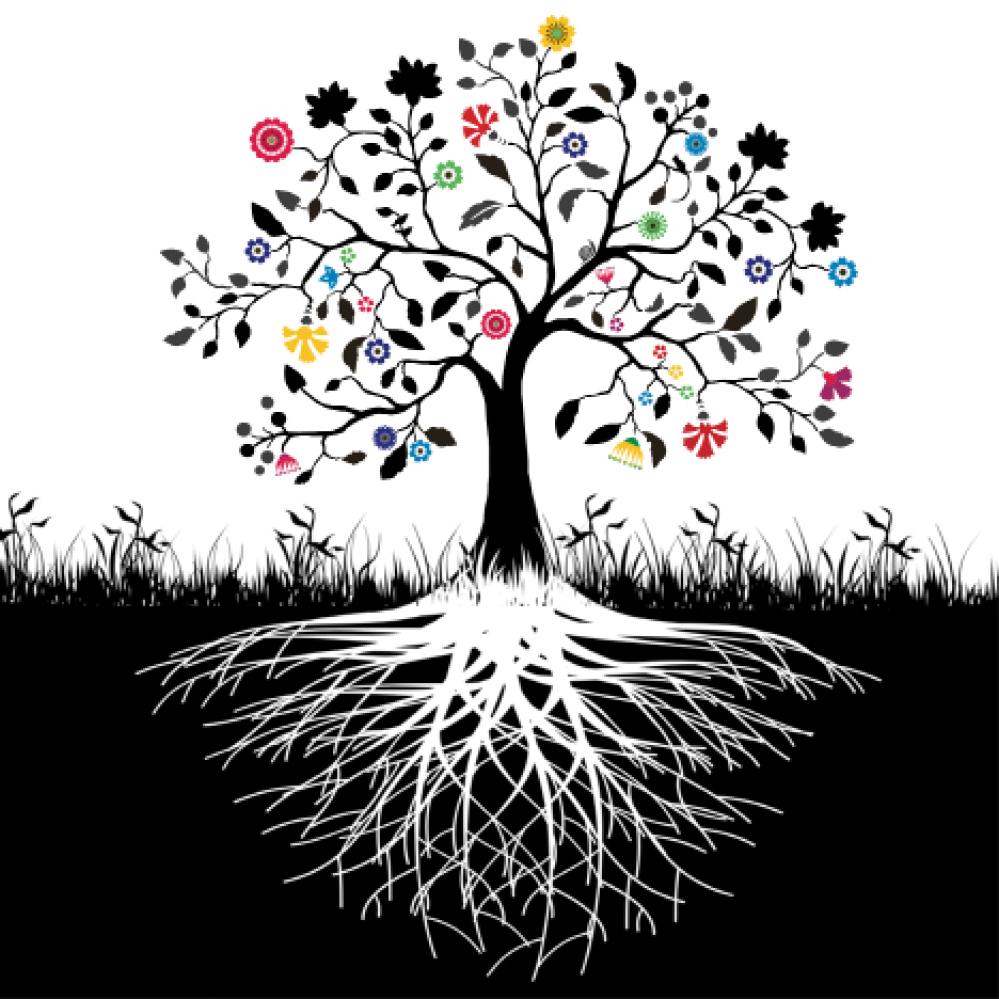
There is evidence that supporting families and carers, building resilience through to adulthood and supporting self-care reduces the burden of mental and physical ill health over the whole life course, reducing the cost of future interventions, improving economic growth and reducing health inequalities
We look at how the use of a specific intervention called The Tree of Life can have a positive effect on the mental health and wellbeing of school aged children. We will show how it can be used for children who are newly arrived to the United Kingdom to talk about their culture and history as well as worries/anxiety about being newly arrived. And also how it can be used as a way to help children talk about themselves, their family and other support systems, and the strengths and aspirations they have for the future.
We want to encourage schools to use such a creative approach to aid children and young people’s mental health and wellbeing in a non-threatening and open manner that allows for expression and reflection to take place.
The use of early intervention in respect of mental health is vitally important for children and young people so that they are better able to manage worries/anxiety, feel confident to speak up, and be able to develop positive functioning in social, emotional, behavioural and academic areas - areas which often can be seriously impacted by mental health issues
Using a simple technique such as the Tree of Life could go some way to help schools meet this call for early intervention. It is low cost in terms of hours required by the staff who implement it and resources required to run such a programme include a quiet space to draw/paint/craft, materials to do these things, and some refreshments.
The Tree of Life
The Tree of Life is a programme developed from the ideas from narrative therapy, which is a form of family therapy. Narrative therapy seeks to be a respectful, non-blaming approach to counselling and community work, which centres people as the experts in their own lives. It views problems as separate from people and assumes people have many skills, competencies, beliefs, values, commitments and abilities that will assist them to reduce the influence of problems in their lives (see Alice Morgan, 2000, What Is Narrative Therapy? An easy to read introduction, p.2, Dulwich Centre Publications). What is narrative therapy? An easy to read introduction. p.2. Dulwich Centre Publications).